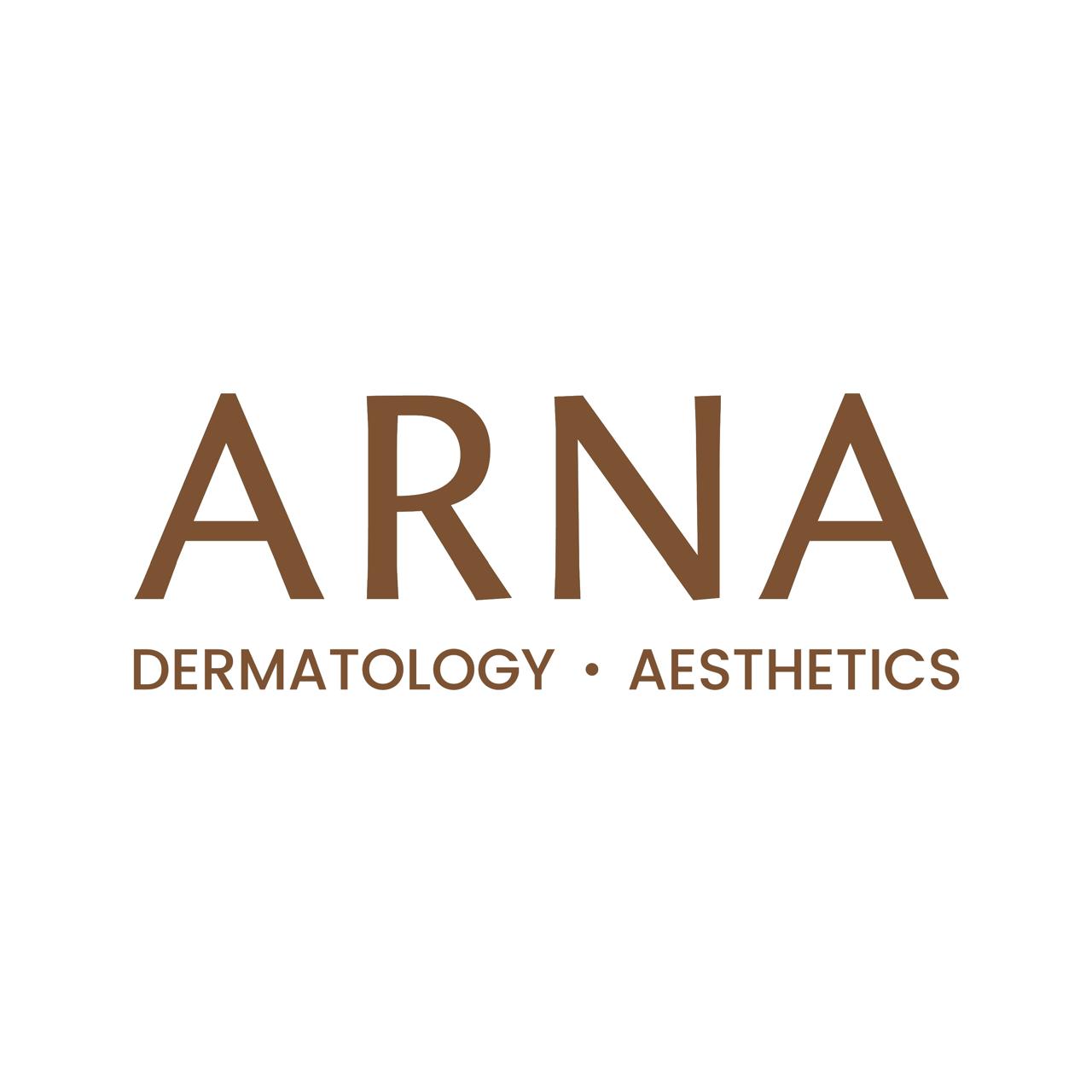The summers in tropical areas like India are usually accompanied by a number of common summer skin problems, with prickly heat and furuncles being the most common ones during this season.
Prickly Heat (Miliaria)
Prickly heat, also called miliaria, can affect people of any age and usually it appears as a red, itchy or bumpy rash. Usually, general practitioners or pharmacists suggest topical steroids or combination creams to relieve symptoms. Nevertheless, it is necessary to be careful because these treatments can potentially make the symptoms worse by causing fungal or bacterial superinfections.
Here are some tips for quick recovery and preventing future episodes of prickly heat:
- Maintain the skin dry, using dusting powders if needed.
- Do not stay in the heat for a long time by staying in the air-conditioned rooms.
- The skin barrier should be safeguarded by reducing the use of drying cleansers or soaps.
- Instead of using lotions, use fragrance-free barrier-repairing creams.
- Calamine can be used to reduce inflammation and thus, symptoms are eased.
Even if after adhering to these rules no solution is found, it is recommended to see a dermatologist who can recommend or prescribe oral and topical medications to stop the spread of the disease.
Why Do We Get Heat Boils (Furuncles/Folliculitis)
Heat boils, which are medically termed as furuncles or folliculitis, are pain some, pus-filled bumps which are caused by the inflammation of one or more hair follicles in the skin. The blockage of the sweat and oil glands’ opening, especially in the areas where the blockage is most common, like the back, underarms, groin, buttocks, and under the breasts, along with the pressure from the clothes, can be the cause of their occurrence. Bacterial infection of the glands is another factor which is commonly found.
People with problems like abnormal blood sugars, immune suppression, and poor hygiene are more prone to heat boils. The summer season can either worsen or trigger the conditions that one has because of the increased glandular secretions.
The first step in the treatment of heat boils is the immediate care which is performed by applying hot compresses on the pus area and thus preventing its further spread. The antibiotics can be topical or oral, but it is very important to consult a dermatologist who can prescribe antibiotics that are just for your condition, based on pus culture reports.
It is crucial to refrain from self-medication with over-the-counter antibiotics, as this can lead to antibiotic resistance which is a worldwide grave concern. Sebaceous cysts, which are a result of the blocked ducts and the repetitive infections are a part of the same family as heat boils. In situations where a person suffers from recurrent cyst infections, excision or removal under local anesthesia is almost always recommended to avoid the painful episodes.
Hidradenitis suppurativa, which is a condition that has multiple lesions in the underarms and groin and can also cause fever and fatigue, is a disease. Even though acute episodes can be treated with oral antibiotics, the long-term management might be in the form of immune suppressants or biologicals that are prescribed by a dermatologist to minimize the frequency of recurrence and the scarring.
Besides the suggestions and tips from the instructors, you can also consult a dermatologist who can offer you some more exact advice and treatments that are suitable for your case.
FAQ’s
Q: Is prickly heat capable of affecting people of all ages?
A: Indeed, prickly heat, also called miliaria, can appear in people of all ages, especially in the hot and humid weather periods.
Q: What strategies should I use to prevent heat boils of face?
A: Heat boils can be prevented by the fact of keeping good hygiene, keeping the skin dry and avoiding tight clothes in occluded areas. If the heat is still there, it’s better to see a doctor for the suitable treatment.
Q: Is it safe to use the antibiotics that are over-the-counter for heat boils?
A: Of course, self-medication with over-the-counter antibiotics can make antibiotic resistance worse. It is very important to see a dermatologist for the right diagnosis and prescription of antibiotics that are suitable for the individual.
Final Thought
The summer skin problems which are the prickly heat and heat boils can be very uncomfortable and even painful at times. Nevertheless, by taking good care of oneself, such as keeping the skin dry, keeping the hygiene, and seeking timely medical advice from a dermatologist, these problems can be managed well, and you can have the season without any problems.
